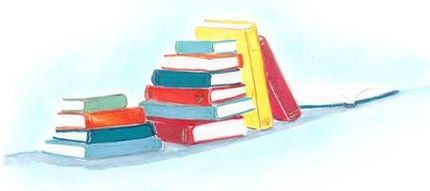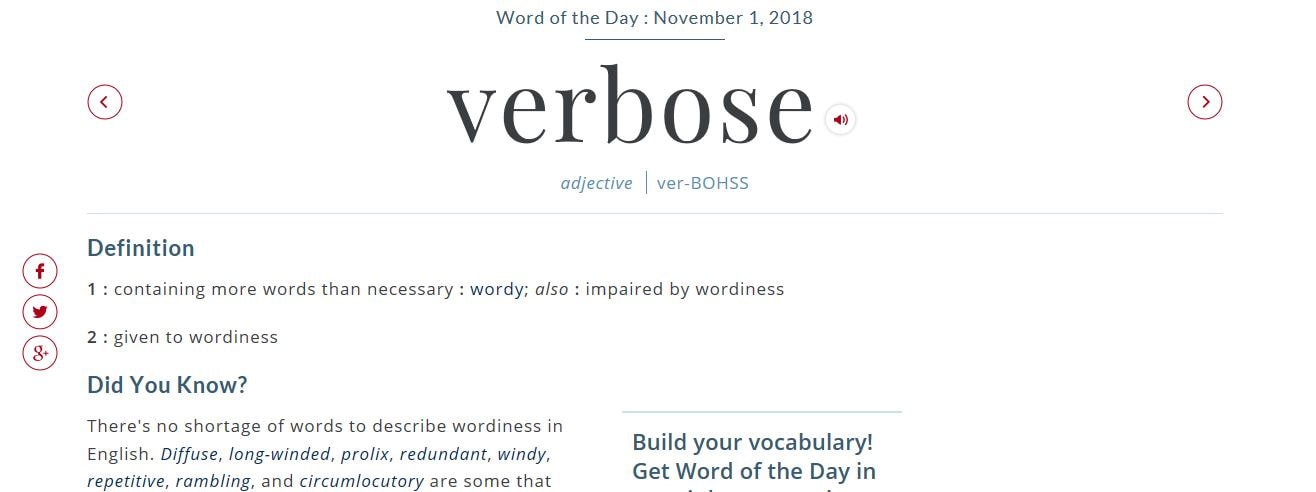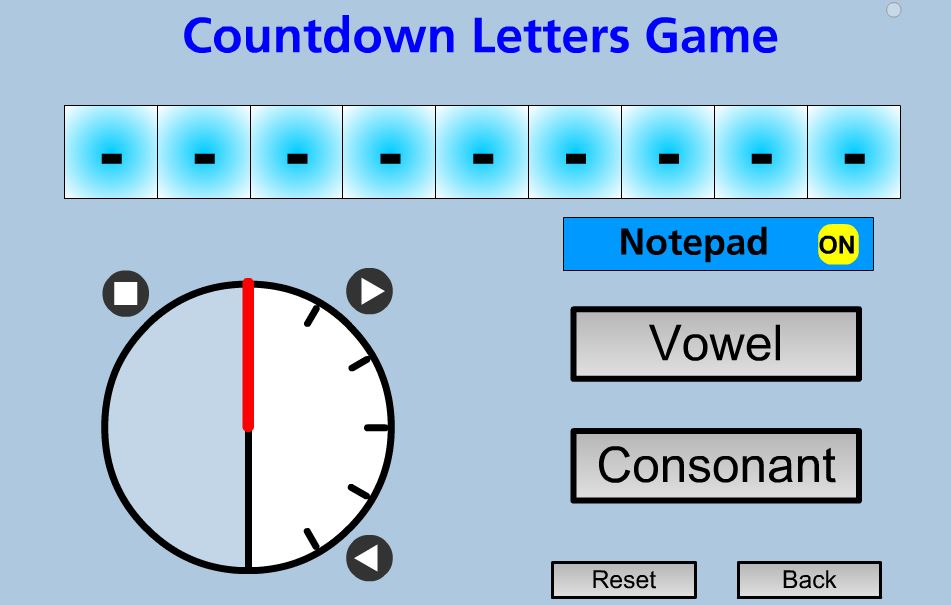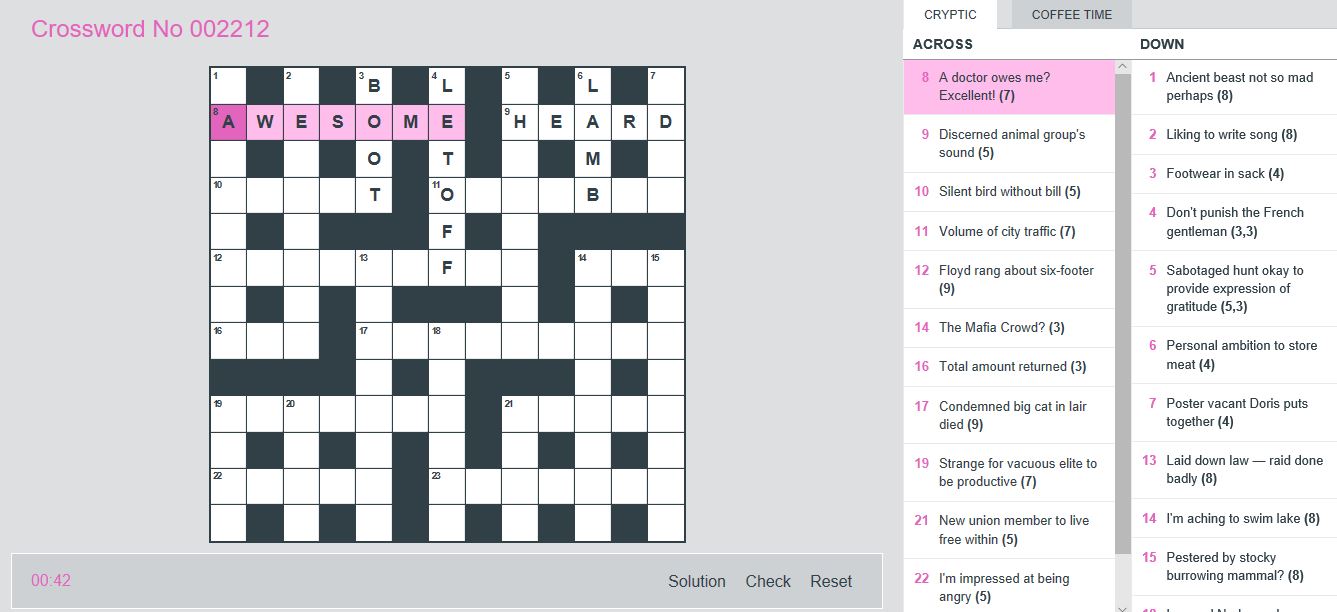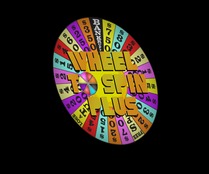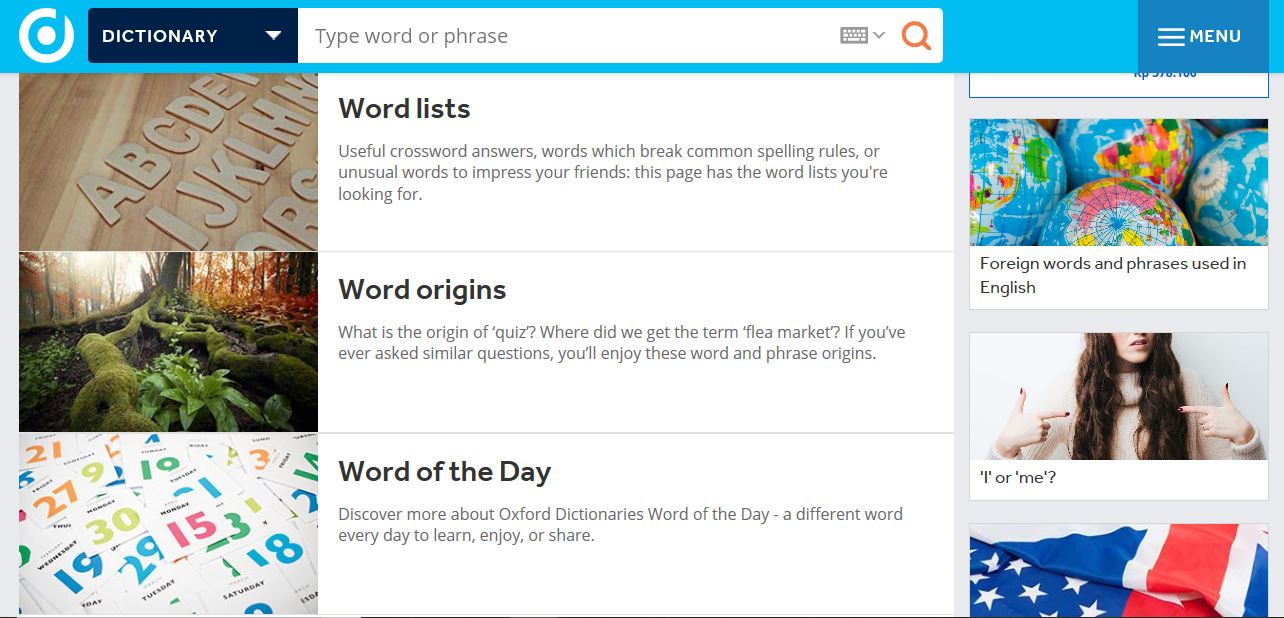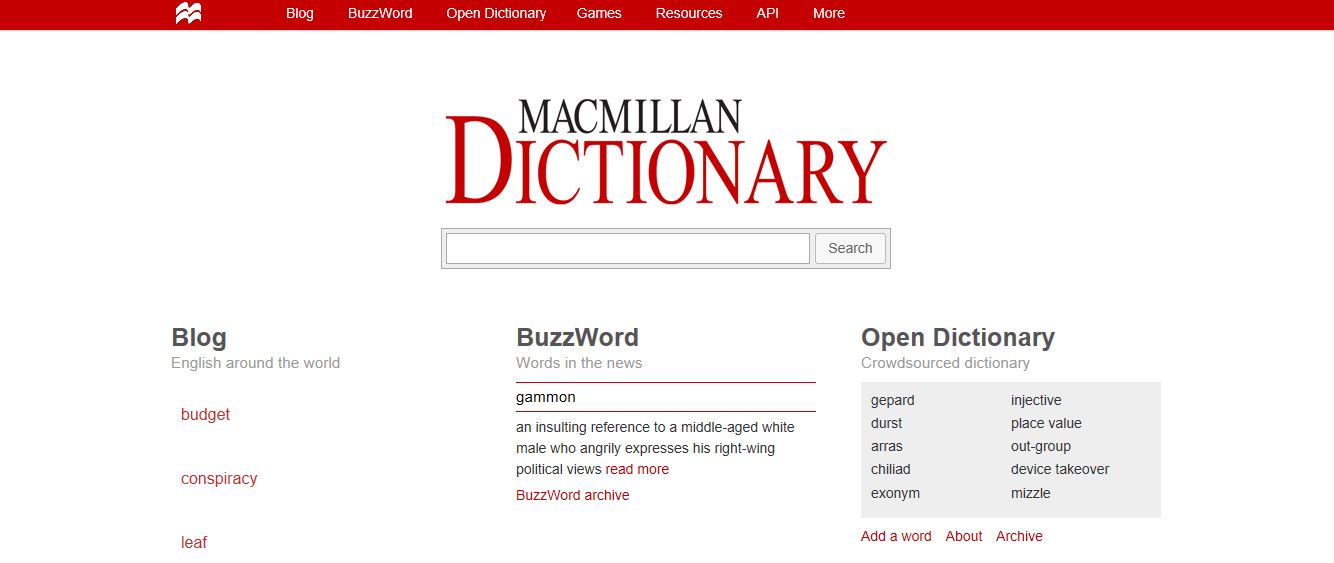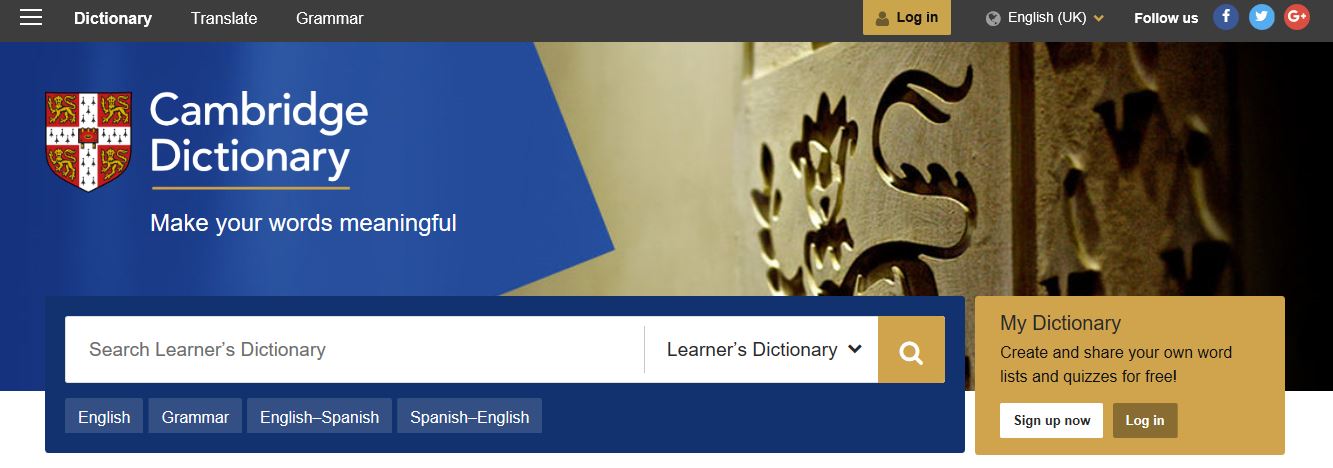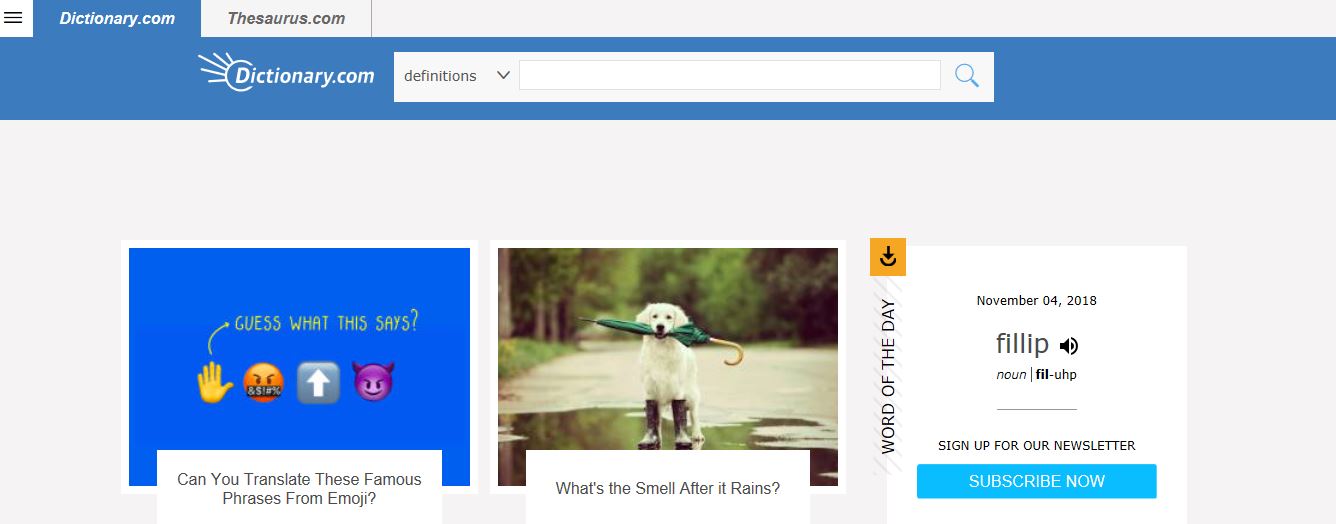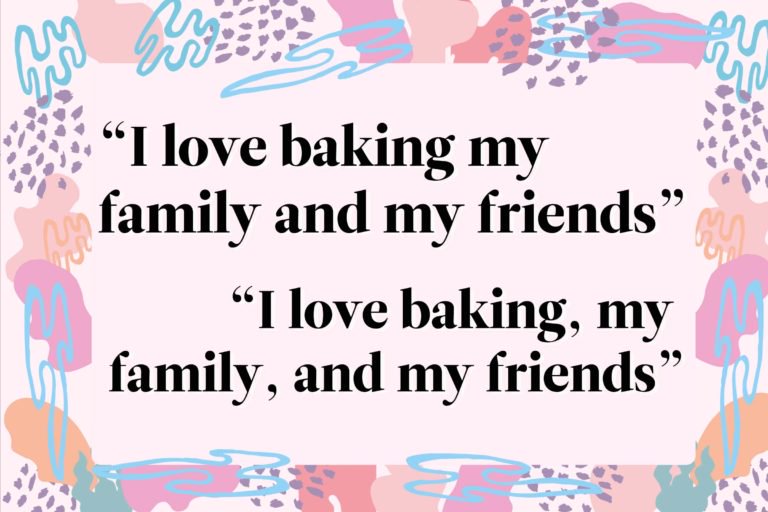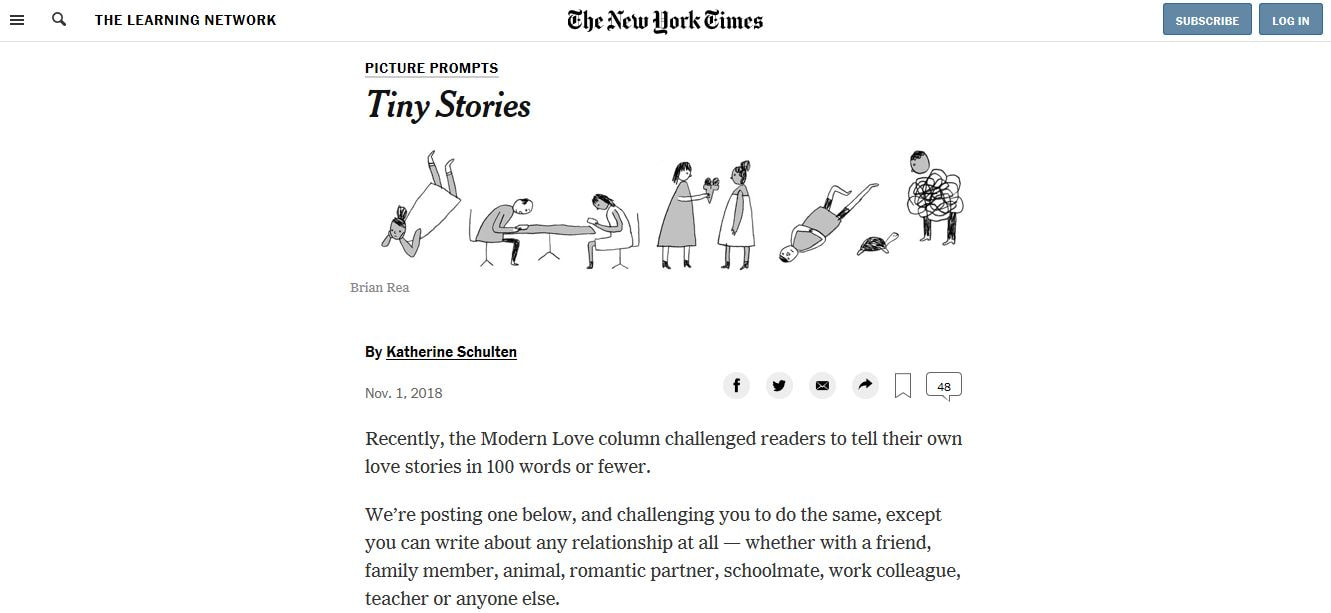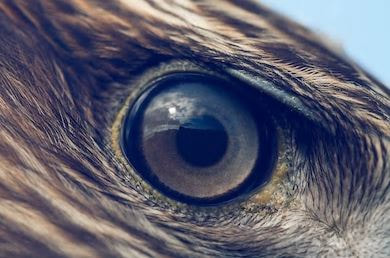This SPARK project is all about turning you into a wonderful, world-famous wordsmith! :)
What's a wordsmith? Well, just as a goldsmith crafts beauty from precious metal, a wordsmith crafts beauty from language.
This project is about helping you take your first steps to being able to do just that.
Where to begin? Let's start by getting to know our tools. For us, those tools are our words. From palindromes to spoonerisms, and oxymorons to malapropisms, we've so much to explore. I can't wait!
Let the games begin ...
What's a wordsmith? Well, just as a goldsmith crafts beauty from precious metal, a wordsmith crafts beauty from language.
This project is about helping you take your first steps to being able to do just that.
Where to begin? Let's start by getting to know our tools. For us, those tools are our words. From palindromes to spoonerisms, and oxymorons to malapropisms, we've so much to explore. I can't wait!
Let the games begin ...
Project Element 1: Documenting your questions, suggestions and wonderings ...
This section of the page has been created to keep track of the questions, suggestions and project ideas you create during our Wordsmith adventures.
We'll explore many of the ideas together in class, but they're also being documented here so that you can follow up at your own pace. You may even like to share your questions and discoveries with your family.
I can't wait to see where your curiosity takes us.
We'll explore many of the ideas together in class, but they're also being documented here so that you can follow up at your own pace. You may even like to share your questions and discoveries with your family.
I can't wait to see where your curiosity takes us.
Project Element 2: Building your vocabulary
Word of the Day
One great way to build your skills is to begin each day by adding to your vocabulary. Click the pic above to explore the Merriam-Webster Word of the Day. You may like to check out the Games and Words at Play pages while you are there.
Speaking of games, we'll be building this page throughout the project, and filling it with some of your favourite challenges. Here are a few to get us started.
Word Play - Anagrams
|
This game is based on a television program called Countdown in the UK, and Letters & Numbers in Australia. If you'd like to watch an episode to see how it is played, click here.
The game is all about arranging letters to form the longest possible word (or, in the maths component, arranging numbers to get as close as possible to a given total). While it is not strictly a game of anagrams*, to succeed you'll need to exercise the same part of your brain. You'll also need to think carefully about common word beginnings (and prefixes), common word endings (and suffixes), spelling and rare letter combinations. It's great exercise for a budding wordsmith. Go ahead, give it a go. Who will be the champion in your household? * Anagrams can be great fun. Even the people at Google seem to enjoy them. Try typing 'define anagram' into the Google search box and see what it returns. Clever hey? |
Word Play - English Idioms
|
Don't call me an English idiom! How rude!
... oh, sorry. Maybe I've misunderstood what an idiom actually is. Want to find out for yourself? The ball's in your court. Throw caution to the wind and do a little research. This website might prove a useful place to start, or click on the image to the left to test your skills in an online quiz (hit play for a multiple choice challenge, or click on the red E to explore related worksheets). Break a leg! |
Word Play - Rebus Puzzles
|
|
Rebus puzzles or pictograms offer another fun challenge for the keen wordsmith. Rebus puzzles are made up of pictures, symbols and words arranged to represent another word, phrase, idea or idiom. They can be both challenging and rewarding. We'll be exploring a range of rebus puzzles during this SPARK project. Like a taste test. Check out the sample slideshow to the left. As we progress through the project, we'll add some of your own designs to slideshow so that you can try them on your friends and family. |
Word Play - Crosswords
Of all the different types of language games, crosswords have to be amongst my all-time favourites. Cryptic crosswords are even better. In our SPARK - Wordsmith adventure this term, we'll be putting our skills to the test in these tricky but highly enjoyable challenges. Want to try a few of your own, feel free to use the link below, but be warned, these haven't been written specifically for kids. Teamwork may be required. Who will be the best in your family?
Having fun, but can't quite make sense of the cryptic bits? Here's a little Cryptic Crossword Trainer that may help you take the next step.
Word Play - Wheel of Fortune
Looking for more? We'll be adding a whole host of other fun resources to this page as we explore together over the coming weeks.
In the meantime, if you just can't wait (and who could blame you), why not try these other vocabulary building resources from a range of famous dictionary providers?
Other dictionary resources
Project Element 3: Playing with Punctuation
What's the point of punctuation? Do we even need it? You decide.
The following extract is taken from the first paragraph of the book Wonder by R.J. Palacio. Don't read it quite yet, it comes with a challenge - try to read it aloud, with expression, on your first reading. Ready?
i know i'm not an ordinary ten year old kid i mean sure i do ordinary things i eat ice cream i ride my bike i play ball i have an xbox stuff like that makes me ordinary i guess and i feel ordinary inside but i know ordinary kids don't make other ordinary kids run away screaming in playgrounds i know ordinary kids don't get stared at wherever they go
What did you discover?
Maybe you found the last challenge easy, maybe it was difficult. Here's another. Capital letters have been introduced in the next passage. Repeat the experiment and compare your findings.
If I found a magic lamp and I could have one wish I would wish that I had a normal face that no one ever noticed at all I would wish that I could walk down the street without people seeing me and then doing that look away thing Heres what I think the only reason I'm not ordinary is that no one else sees me that way
How did that compare?
Ready for another? This paragraph introduces full stops. but im kind of used to how I look by now. i know how to pretend i don't see the faces people make. weve all gotten pretty good at that sort of thing me mom and dad via. actually i take that back vias not so good at it. she can get really annoyed when people do something rude. like for instance one time in the playground some older kids made some noises. i dont even know what the noises were exactly because i didnt hear them myself but via heard and she just started yelling at the kids. thats the way she is. im not that way.
What did you notice?
Commas and apostrophes have been added to the fourth paragraph. Give it a try.
via doesn't see me as ordinary. she says she does, but if I were ordinary, she wouldn't feel like she needs to protect me as much. and mom and dad don't see me as ordinary, either. they see me as extraordinary. i think the only person in the world who realizes how ordinary I am is me.
Let's put it all back together in this last (short) paragraph.
My name is August, by the way. I won't describe what I look like. Whatever you're thinking, it's probably worse.
So, what do you think? *
Why do we punctuate?
Is all punctuation equal, or do some forms help more than others?
What might the future of punctuation look like?
Let's begin with the some of the basics. After all, punctuation can save lives ...
The following extract is taken from the first paragraph of the book Wonder by R.J. Palacio. Don't read it quite yet, it comes with a challenge - try to read it aloud, with expression, on your first reading. Ready?
i know i'm not an ordinary ten year old kid i mean sure i do ordinary things i eat ice cream i ride my bike i play ball i have an xbox stuff like that makes me ordinary i guess and i feel ordinary inside but i know ordinary kids don't make other ordinary kids run away screaming in playgrounds i know ordinary kids don't get stared at wherever they go
What did you discover?
Maybe you found the last challenge easy, maybe it was difficult. Here's another. Capital letters have been introduced in the next passage. Repeat the experiment and compare your findings.
If I found a magic lamp and I could have one wish I would wish that I had a normal face that no one ever noticed at all I would wish that I could walk down the street without people seeing me and then doing that look away thing Heres what I think the only reason I'm not ordinary is that no one else sees me that way
How did that compare?
Ready for another? This paragraph introduces full stops. but im kind of used to how I look by now. i know how to pretend i don't see the faces people make. weve all gotten pretty good at that sort of thing me mom and dad via. actually i take that back vias not so good at it. she can get really annoyed when people do something rude. like for instance one time in the playground some older kids made some noises. i dont even know what the noises were exactly because i didnt hear them myself but via heard and she just started yelling at the kids. thats the way she is. im not that way.
What did you notice?
Commas and apostrophes have been added to the fourth paragraph. Give it a try.
via doesn't see me as ordinary. she says she does, but if I were ordinary, she wouldn't feel like she needs to protect me as much. and mom and dad don't see me as ordinary, either. they see me as extraordinary. i think the only person in the world who realizes how ordinary I am is me.
Let's put it all back together in this last (short) paragraph.
My name is August, by the way. I won't describe what I look like. Whatever you're thinking, it's probably worse.
So, what do you think? *
Why do we punctuate?
Is all punctuation equal, or do some forms help more than others?
What might the future of punctuation look like?
Let's begin with the some of the basics. After all, punctuation can save lives ...
Project Element 4: Piecing it together
Awesome, our vocabulary is slowly building and we now have more words to draw upon in our craft. But, knowing a word, and knowing how, and when, to use it are two different things. It's time to start putting our newfound vocabulary into practice.
Here are a few fun activities for you to choose from to get us started.
Here are a few fun activities for you to choose from to get us started.
Narrative Writing - Learning Concise Story Telling
Click the pic above to test your skills in your own Tiny (love) Story.
Descriptive Writing - Conveying emotion and interpreting body language
Or, use this delightful image as inspiration for a descriptive piece on the opposite emotion. I'm looking forward to reading your creations.
Responsive Writing: A Picture Paints 1000 Words - a photography & writing challenge
*Combine writting with photography in this fun new responsive-writting challenge.*
Project Element 5: Extra Editing Practice - The Eagle-Eye Challenge
|
If you've been exploring the SPARK - Our Amazing World project, you'll know that this month we're beginning a new challenge called Eagle-Eye. From time to time, we're going to place an intentional mistake on selected pages of Bamboo Learners (amongst the many accidental ones - sorry). Your challenge? Use your eagle-eyed editing skills to spot the mistakes.
To help you get started, we'll be marking the area around some of the mistakes with an asterisk (*). Keep an eye out for them, then search the nearby text carefully to see if you can spot the selected error. There's at least one on this page. Think you've found something? When you're ready, click on the image of an eagle's eye to check your answer and learn more. |
Project Element 6: Learning to read between the lines
So, your vocabulary is building, and your writing is coming along nicely. But how well do you analyse the writing of others? Are you a text detective? Let's find out.
Test your skills on this sample passage, then scroll to the bottom of the page to compare answers.
Test your skills on this sample passage, then scroll to the bottom of the page to compare answers.
So, what do you think? Do you have a solution? Scroll to the bottom of the page to compare ideas.
In our SPARK Wordsmith projects, we'll be building our reading skills while exploring a whole host of fun and interesting texts that exercise the same part of our brain as this one.
To maintain the mystery, each reading passage will only be put online once we have addressed it in class, and like Mission Impossible, each passage will 'self-destruct' within a week of going online. That way you'll have just enough time to share the challenges with your family, but we won't spoil the surprise for our fellow Wordsmiths who may join in the fun later in the year.
Interested in exploring more of this beyond the classroom? Keep an eye out for 5 minute mystery stories in your local bookshop.
To maintain the mystery, each reading passage will only be put online once we have addressed it in class, and like Mission Impossible, each passage will 'self-destruct' within a week of going online. That way you'll have just enough time to share the challenges with your family, but we won't spoil the surprise for our fellow Wordsmiths who may join in the fun later in the year.
Interested in exploring more of this beyond the classroom? Keep an eye out for 5 minute mystery stories in your local bookshop.
Project Element 7: Speaking your mind
More information on this element of the Wordsmith program will be added over the coming weeks.
Much more coming soon ...
Be sure to come back regularly to share your discoveries with your parents.
* Text Detective Solution - The story mentions that Pip stepped ‘carefully around the mud and puddles’ on her morning walk, so it was probably raining in Canggu on the day before the story (Sunday). How did you go?
